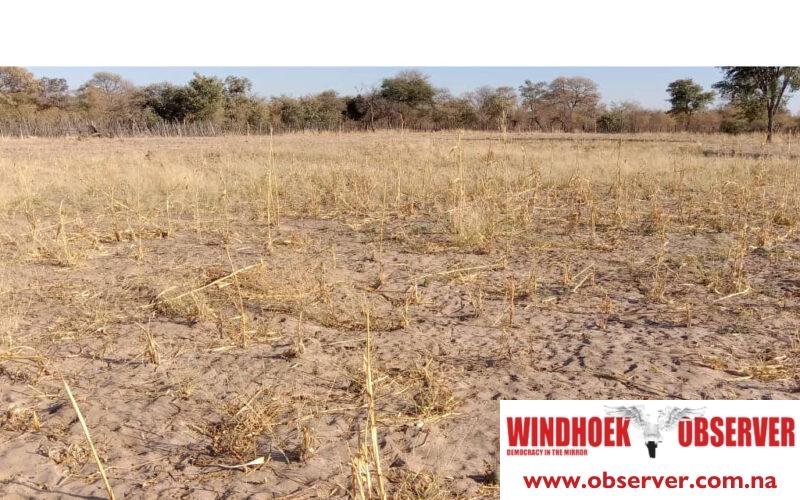Hertta-Maria Amutenja
An open letter from social justice activists has sparked a backlash over the government’s recent handover of 8 132 hectares of land to the |Khomanin Traditional Authority.
The handover, which took place in November 2024, involved the transfer of Farm Groot Korasieplaats and Portion 1 of the farm, purchased by the government for N$33.9 million.
In his open letter, Shaun Gariseb accuses the minister of agriculture, water and land reform, Calle Schlettwein, of deceiving the |Khomanin community regarding the suitability of the land.
Gariseb, in his letter, highlights the farm’s severe water shortage, noting that the farm has only one borehole with limited capacity, and the previous owner relied on water from another property.
He claims the former owner was eager to offload the property, describing it as a “white elephant.”
“The owner of the farm knows that it has no water,” Gariseb writes. “For him, it was a blessing to get rid of the white elephant.”
Gariseb also criticised the way the handover was conducted, stating that the community was not adequately involved in the process.
He states that, apart from six individuals who attended the ceremony uninvited, the rest of the community was excluded.
Gariseb calls on the minister to be honest about the limitations of the land before the official inventory and certificate handover in 2025.
“We are done with our investigations on that farm unless you say you didn’t know the challenges,” Gariseb adds.
The land handover was framed as a historic moment by Minister Schlettwein, who commended the |Khomanin community’s long struggle for land.
During the ceremony, Schlettwein emphasised that the handover marked a significant step in addressing land inequalities caused by colonial dispossession.
“Today, I am a happy man,” Schlettwein said, reflecting on the government’s role in helping the |Khomanin people reclaim their land.
He noted that the land had been acquired in response to demands from the community dating back to their protest in 1990 at the gates of the Dean Viljoen National Game Reserve.
Schlettwein added that the Khomas Communal Land, which includes the transferred farms, will be managed under the Communal Land Reform Act of 2002.
The traditional authority will be responsible for allocating land rights, with oversight from the Ministry of Agriculture, Water and Land Reform.
He further expressed the need for sustainable land use and responsible management to prevent issues like illegal fencing and overgrazing.
Additionally, Gariseb’s open letter raised concerns about the farm’s suitability for the |Khomanin community, especially due to its water shortages.
He questions the government’s decision to proceed with the handover without adequately addressing these issues and stresses the need for the authorities to be transparent with the community about the farm’s limitations.
Gariseb also criticises the government for failing to address the broader issue of land ownership inequality, particularly the large amount of land held by foreign nationals.
He argues that the government should consider expropriation measures under Article 16(2) of the Namibian Constitution, which allows for land to be acquired in the public interest.
“Many foreign nationals own large tracts of land in Namibia,” Gariseb writes.
“The government has failed to address this inequality, leaving indigenous communities like the |Khomanin people are at a disadvantage.”
The Windhoek Observer reached out to the Ministry of Agriculture, Water and Land Reform for comment on the open letter and Gariseb’s concerns, but no response was received by the time of publication.




